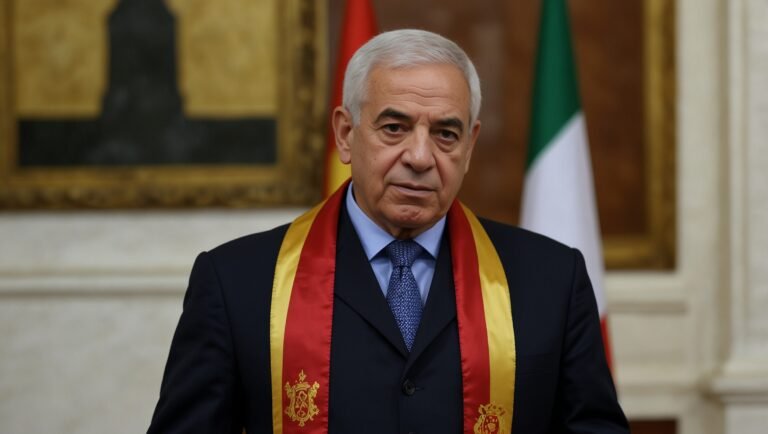In a significant statement that points towards a positive transition towards Sustainable development in Southeast Asia, Australia, and Singapore have agreed to co-fund green infrastructure and decarbonization projects in Southeast Asia. The new Green Investments partnership (GIP) program of the Australian government to contribute $50 million to Singapore has taken a swift step towards progressing the partnership agenda in trade, investment, and the environment of the two countries.
The programme which will be managed by Export Finance Australia (EFA) aims at offering such investments in clean energy and sustainable infrastructure in the Southeast Asia region. The major goal of this partnership is to drive a shift towards the use of clean energy sources in the Asean region and spur commercial benefits for the Australian sellers of goods and services, the exporters and the local financial industries. The plan aims to be the first one out of the Australian government’s A$2 billion Southeast Asia Investment Financing Facility (SEAIFF).
The Asia Sustainability, Technology, and PostCARbon Economy Mechanism, or FAST-P, was introduced by the Monetary Authority of Singapore at the COP 28 Conference in 2023 and focuses on partnering with sectors of public, private, and philanthropy to advance Asia’s decarbonization trajectory and climate security. The Singapore government has committed up to $500 million of concessional capital, leveraging equal or more outstanding contributions from other partners. This pool of concessional capital is intended to mobilize commercial capital and other sources of finance to generate a powerful engine of green energy transformation in the region.
Hence, the cooperation between Australia and Singapore is not encapsulated by mere capital injection. It embodies a shared passion for solutions and implementation in climate change and development issues. According to John Hopkins, CEO and Managing Director of EFA, this support for the Southeast Asia projects is evidence of Australia’s commitment to renewable energy and infrastructure sectors. The prospect of establishing sustainable partnerships with the Singapore government, in Mr. Koo’s opinion, is another advantage.
Speaking at the MOU signing ceremony, Leong Sing Chiong, the Deputy Managing Director of MAS, welcomed EFA as the latest addition to the FAST-P program. He explained that this partnership proves that Singapore, Australia, and other like-minded partners have identical interests on the FAST-P platform in deploying capital to support the decarbonization of Asia. Such a partnership model is anticipated to significantly escalate climate infrastructure investment in SSEA in the following years.
Pentagreen Capital will be responsible for the management of the GIP, which is an HSBC and Temasek-created sustainable infrastructure debt financing company. It will invest in structures, technology, and facilities in renewable energy and storage for electric vehicles and charging points, sustainable transport, the water and waste management sectors, and others. Marat Zapparov, the CEO of Pentagreen Capital, said that he is happy that the Australian government has joined the partnership by stressing the opportunities to mobilize capital to achieve better results for clients, partners, and neighbors in the region.
This pilgrimage between Australia and Singapore seems wholly feasible at a time when Southeast Asia is headed towards many troubles in the direction of ensuring economic development while promoting an amicable environment. The growth in the region’s energy requirement has prompted a rise in energy demand, which mostly comes from fossil fuel energy sources. Overcoming these challenges is at the heart of this partnership that seeks to advance the transition towards clean energy and sustainable infrastructure.
The move is expected to go beyond the social and economic benefits of the environment restoration. Combined with its promotion of investment in sustainable infrastructure, there is the possibility to also address issues of unemployment, increase the quality of life and overall economic stability in southeast Asia. In addition, initiative makes Australia and Singapore to act as pioneers of combating climate change in the world aggressively.
In the face of a dire need, if ever there was one, for global climate action, the Australia-Singapore relationship bears witness to the fact that no country is an island to effect change. Collectively, these nations are mobilizing funding and knowledge for sustainability and setting the practices that Southeast Asia and the world need to foster a green economy.





